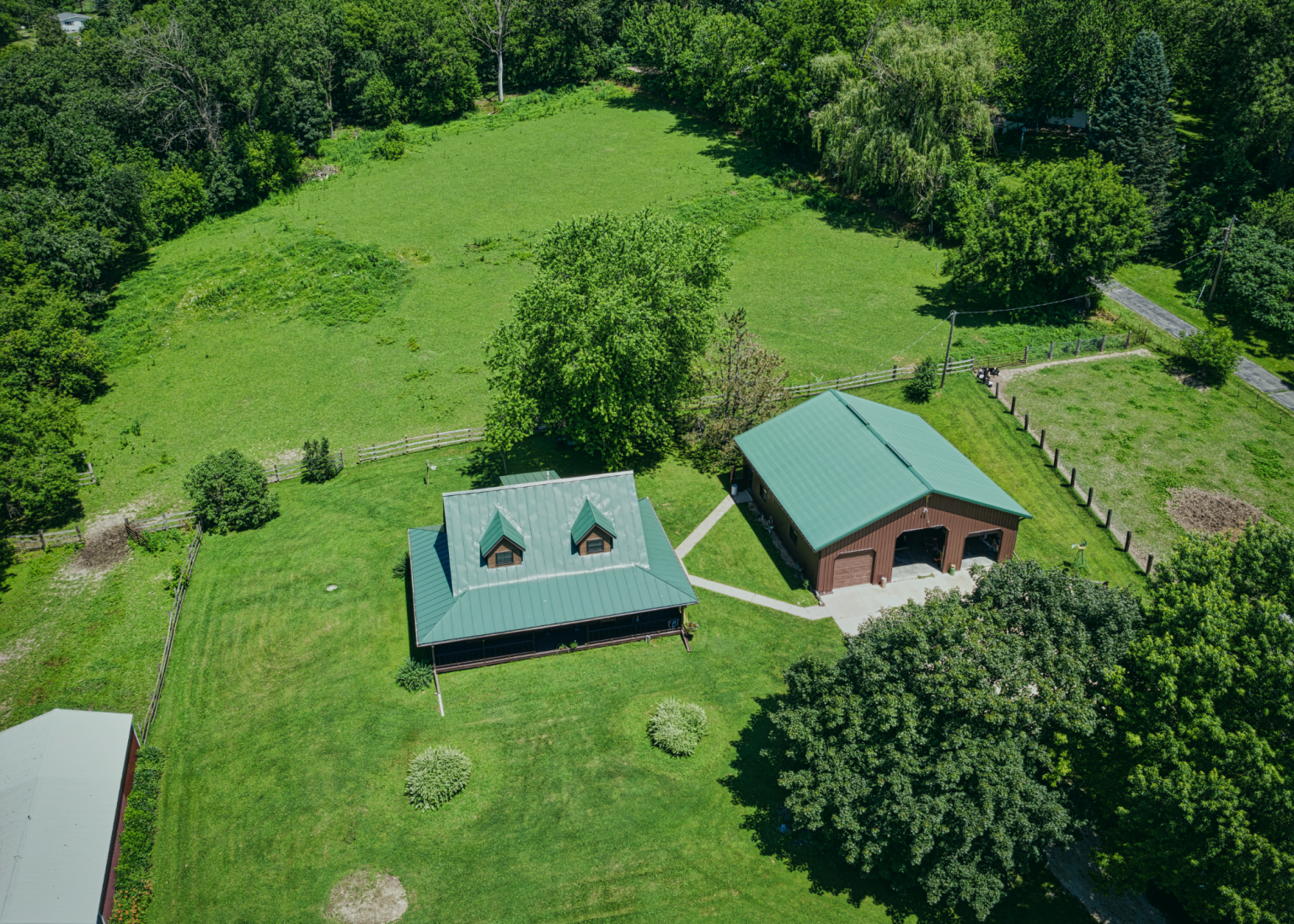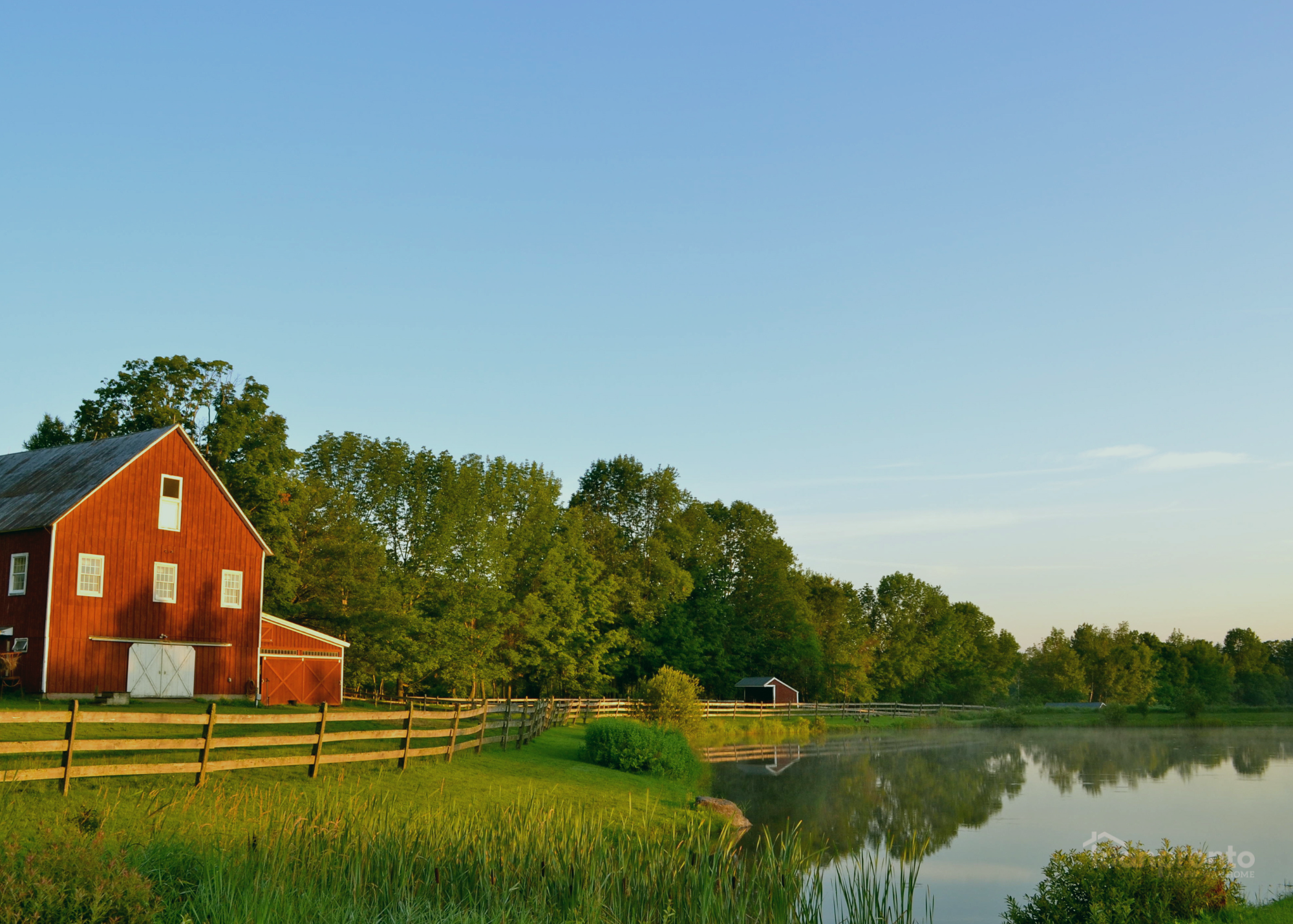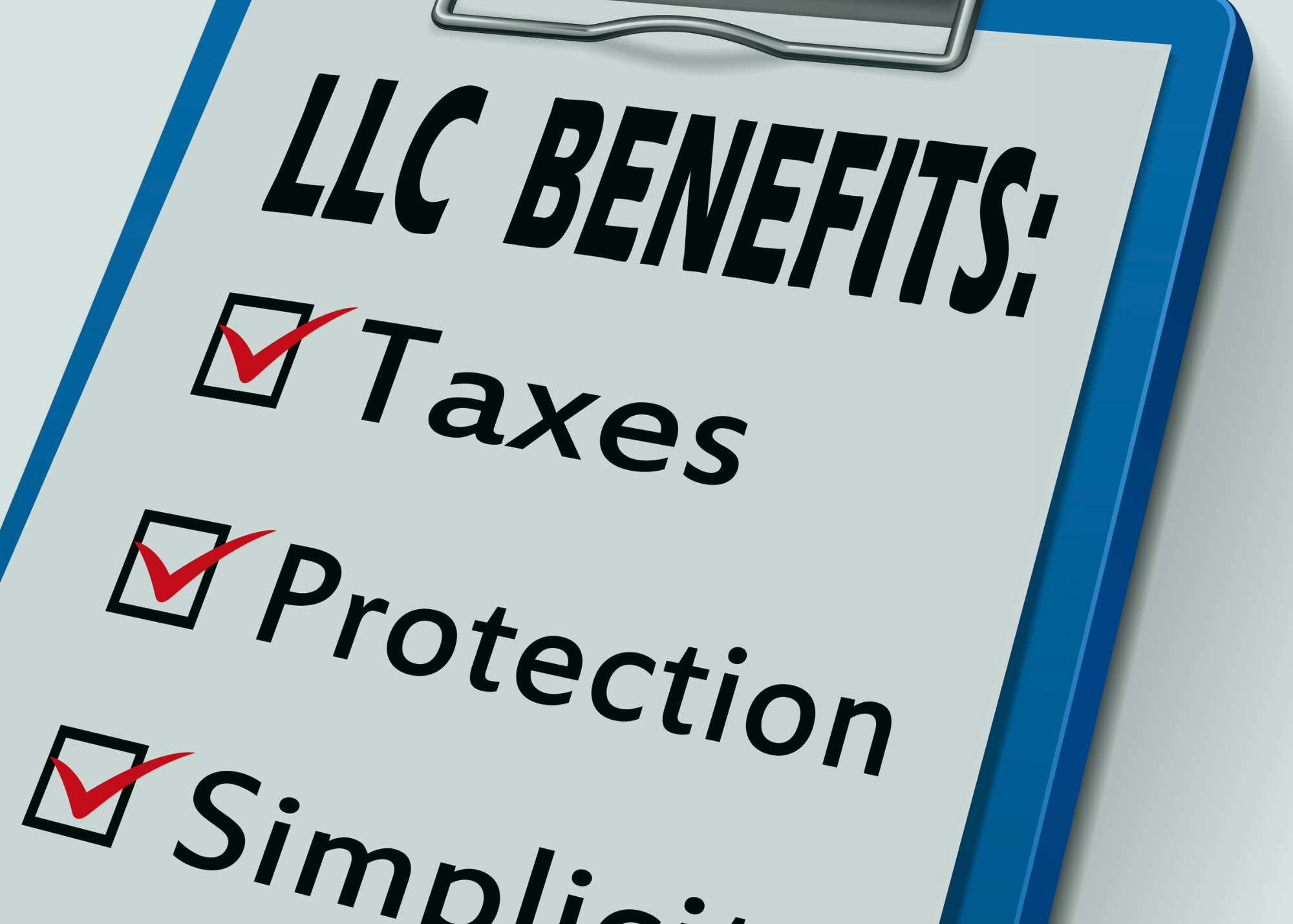Key Takeaways
-
Buying land and building a house gives you full control over design and location.
-
Construction loans and land loans work differently from traditional mortgages.
-
Site evaluation plays a major role in determining total construction cost.
-
Construction-to-permanent financing simplifies the loan process by combining multiple steps.
With tight housing inventory across many U.S. markets, more buyers are exploring an alternative path to homeownership: buying land and building a house. This option appeals to anyone who wants personalized design, a tailored layout, or a specific lifestyle location. However, the process differs from purchasing an existing home. Understanding how to buy land, the right land loan or construction loan, and the full path from lot selection to final build helps you move forward with confidence.
Step 1: Choose Where You Want to Live
Identifying your ideal location comes first because it determines the cost, feasibility, and style of your future home. Think through key lifestyle factors such as commute time, amenities, school proximity, and community growth. Once you narrow your preferred area, work with a real estate agent who specializes in land sales. Their experience helps uncover hidden opportunities and ensures you avoid unsuitable or unbuildable lots.
Step 2: Understand Your Financing Options
Financing looks different when you purchase raw land. Because lenders cannot rely on an existing structure as collateral, the loan type matters. The table below shows common financing options and what each covers.
Land & Construction Financing Options
| Loan Type | Best For | Key Features |
| Land Loan | Buying undeveloped property | Higher down payment; strong credit often required |
| Construction Loan | Funding the land and home build | Short-term loan for labor, materials, and permits |
| Construction-to-Permanent Loan | Buyers who want one closing | Converts into a long-term mortgage after completion |
| Personal Loan | Small plots or land bought before building | Higher rates but flexible approval |
| Land Contract (Owner Financing) | Buyers with limited financing options | Payments made directly to the seller |
Choosing the right loan affects your budget, timeline, and final mortgage. A lender experienced with land and construction financing can walk you through closing costs, draw schedules, and rate structures.
Step 3: Start Searching for Land
After securing your financing strategy, begin the search for land that aligns with your plans. An experienced land agent can help you assess property characteristics that impact affordability and construction.
Key Factors to Evaluate
| Factor | Why It Matters |
| Utilities | Determines hookup costs for water, electricity, and sewage |
| Soil and Slope | Impacts foundation requirements and total build cost |
| Zoning Rules | Dictates what you can build and where |
| Location | Influences commute time, lifestyle, and resale value |
These details help you estimate the real cost to build a house on your chosen lot.
Step 4: Get the Property Surveyed
Next, hire a licensed surveyor to confirm boundaries, easements, and buildability. This step protects you from future disputes, unexpected restrictions, or setbacks that could interrupt construction.
Step 5: Make an Offer and Close on the Land
Once you find the right lot, your agent will help craft a competitive offer. Before closing, complete a title search to identify any liens or ownership issues. After closing, the land becomes officially yours, and you can begin preparing your construction timeline.
Step 6: Prepare to Build Your Home
Building a home requires coordination across multiple professionals. With the land secured:
- Hire an architect and builder
- Finalize your construction plans
- Apply for building, electrical, and plumbing permits
- Establish your budget and timeline with your contractor
Because costs can shift quickly during construction, maintain consistent communication with your builder to stay aligned on expectations.
Is Buying Land to Build a House Right for You?
Buying land and building a house gives you unmatched design freedom and the ability to create a home that fits your lifestyle in every detail. Although the process requires more planning, a longer timeline, and careful coordination, many buyers find that the final result is worth the investment. If you’re ready to move forward, start by understanding your financing options and securing a loan that supports both land and construction. Partnering with an experienced lender and builder will make each step more manageable and help you bring your vision to life with confidence.
FAQs About Financing a Home and Land
No SSN required. Zero impact to credit. Your Information is never sold.



